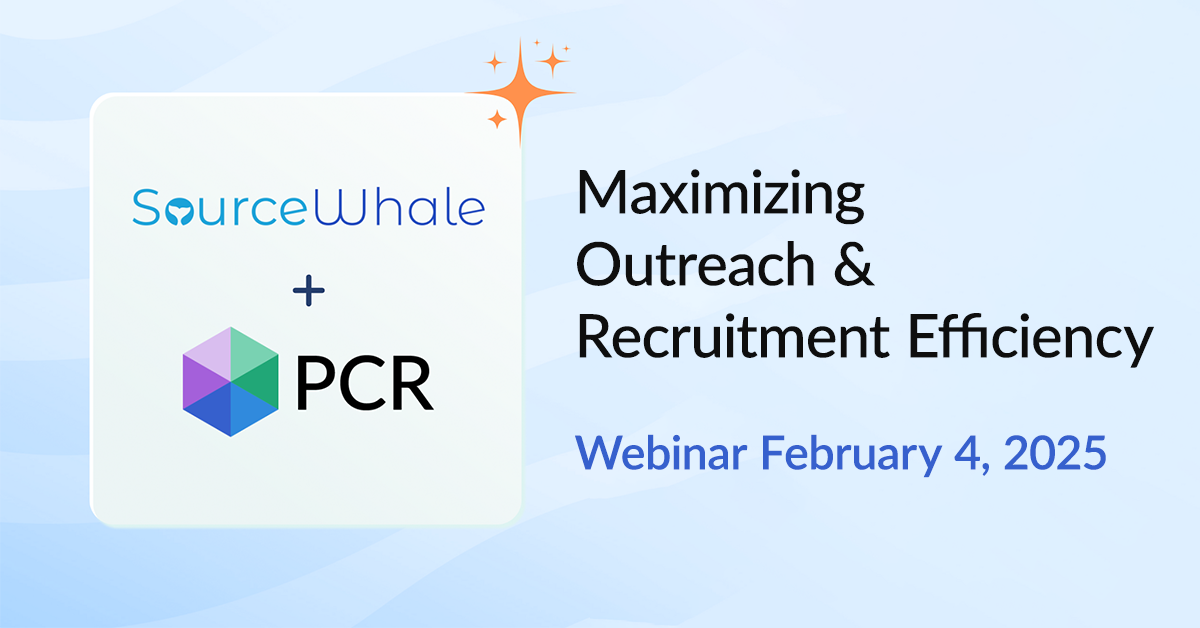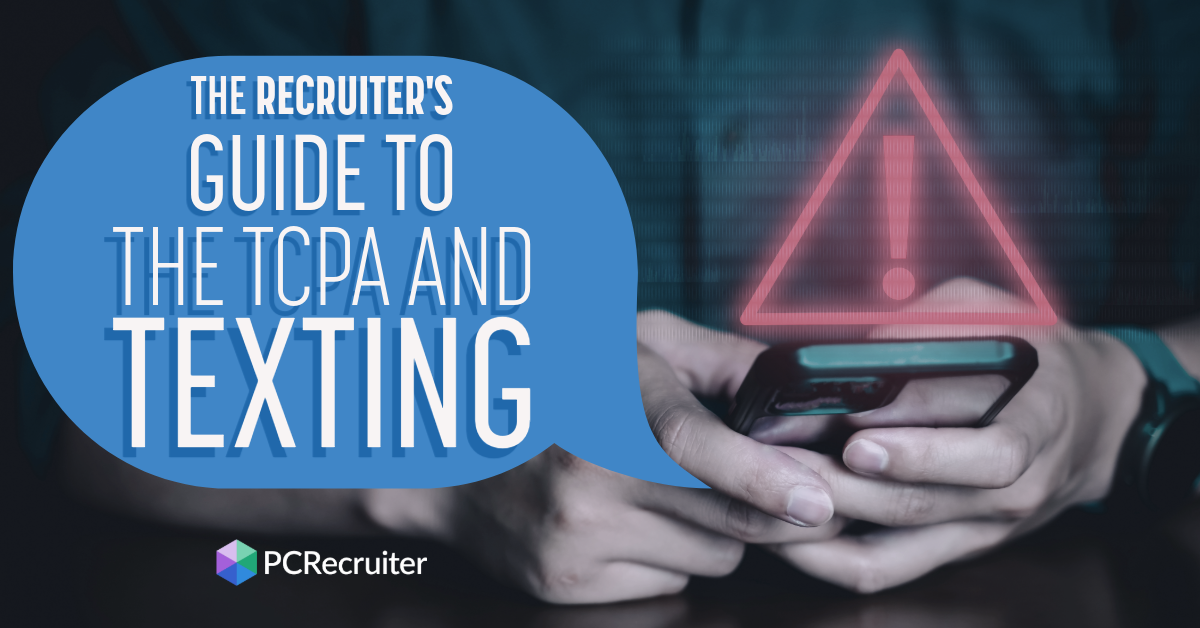More and more people are getting used to remote interactions as part of the recruitment process and efforts to attract the best talent with a view to hiring them. The risks to data privacy in recruitment are similar to many other professions.
Remote lawyers, accountants — even mobile engineers — need systems for keeping data safe. Hardware risks arise when users bring their own device as opposed to a company-issued one. This isn’t a major issue for large enterprises that supply employees with equipment, but it may be a concern for third-party recruiters and smaller recruiting firms.

Another obvious risk to data is when remote third-party recruiters work for multiple clients and potentially use data from one client to benefit another. For employers, there’s the inherent risk that an unscrupulous remote third-party recruiter, working on their behalf, might attempt to entice talent away to another client. This ethical (and possibly legal) problem is part of a more general challenge around the performance management of remote workers. This is especially relevant in recruitment niches where the key candidates and hiring authorities are well-known to major players.
Remote recruiting often, but not always, aligns with recruiting across multiple jurisdictions with different employment and contracting laws. This too can create issues around compliance with different data privacy regulations – such as the California Consumer Privacy Act (CCPA), and the General Data Protection Regulation (GDPR) from the European Union (EU).
In the US, social security and financial account information are the only protected pieces of personal data. This is different in other parts of the world. At the same time, legal cases such as the commercial use of a subject’s data are constantly challenging what can and can’t be done with data. In short, recruiters need to be better informed about the candidates and companies they’re working with, and what the legal relationships are.
The good news is that Applicant Tracking Systems (ATS) and CRM like CLICK HERE TO LEARN MORE have always been suitable for remote work. That’s because users can be in different locations when they sign in, but the database is centrally and securely located in one place.
If your team is going to be handling recruitment data remotely, here are nine key points you’ll want to bear in mind:
Considerations such as these need to be addressed at the contact stage between the customer and the vendor. That’s especially important when the data held is aggregated over an extended time period. A further consideration is the difference between data held online and data physically kept in disconnected cold storage.
PCRecruiter’s built-in security functionality makes it the safe choice for remote recruiting. Here’s a list of some of the most popular security features:
When it comes to keeping data safe, remote recruiting is not substantially different from other forms of remote sales. In fact, the nature of remote recruiting encourages companies to more carefully consider the security of their recruitment practices.
These practices include the processes used to build and validate trust in remote workers. Of course, it also helps to choose a CLICK HERE TO LEARN MORE vendor with highly-configurable security and remote features.
Managing remote recruiters? PCRecruiter can help keep data safe. Speak to our sales team. Contact us.

PCR joins partners at CarbonWeb on March 5th at 1 PM EST for an exclusive webinar about the power of transparent pipeline data and how it can transform your recruiting efforts and increase your placements.
Read more
Join us on February 4 at 1:PM EST for a 30-minute session designed to transform how you approach recruitment. In this live webinar, Scott Littrell will share exclusive insights derived from over 100 million data points analyzed on SourceWhale’s platform.
Read more
The Telephone Consumer Protection Act (TCPA), enacted in 1991, is designed to protect consumers from unsolicited calls and messages. While its initial focus was on telemarketing calls, the TCPA’s reach now extends to texting, posing unique challenges for recruiting agencies who heavily rely on texts for candidate and client engagement.
Read moreFind out more about who we and what we do.